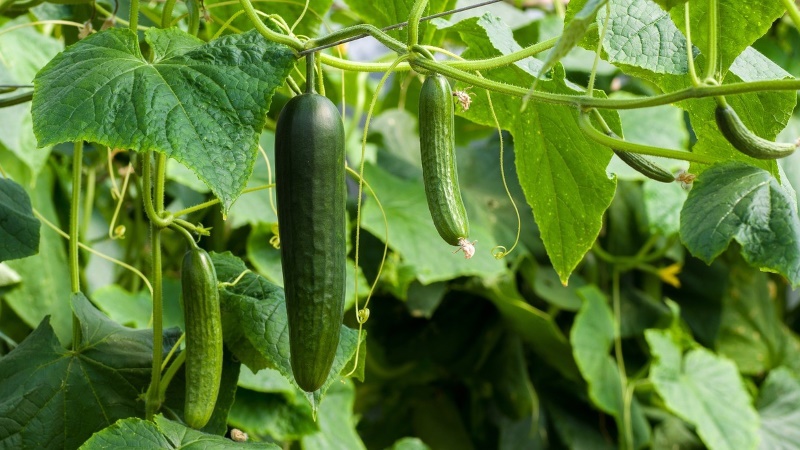U.S. Senator Jon Ossoff is working to protect Georgia family farms from unfair Central and South American imports.
Today, Sen. Ossoff and Congressman Sanford D. Bishop, Jr. (GA-02) introduced the Protecting Our Produce Act to boost resources and support for Georgia specialty crop growers facing unfairly priced imports.
The bicameral bill would establish a five-year pilot program to provide support for certain specialty crop producers — blueberries, squash, bell pepper, cucumber, or asparagus — when a crop’s national average market price (effective price) falls below its five-year average price (reference price), if the difference is caused by imports.
“Georgia family farms are getting buried by unfair crop imports from South and Central America,” Sen. Ossoff said. “That’s why we are introducing this bill — to ensure Georgia’s family farms and rural communities can thrive.”
“Georgia’s farmers thrive when there is fair competition and Congress can do its part to protect them from unfairly priced imports,” said Congressman Bishop. “Not only is this bill important for the financial stability and security of our nation’s farmers, but also to help protect our supply chain and ensure Americans can get affordable, healthy food closer to home.”
“Georgia growers find themselves at a disadvantage because of the increase in imported fruits and vegetables. This program will enhance the competitiveness of Georgia’s growers and help insure we can continue to produce the highest quality fruits and vegetables here at home,” said Sam Watson, owner of Chill C Farms in Moultrie, Georgia, and President of the Georgia Fruit and Vegetable Growers Association (GFVGA). “We appreciate the work of Senator Ossoff and Congressman Bishop on addressing this critical issue.”
“Georgia’s fruit and vegetable farmers continue to face an un level playing field from rising levels of imported produce. This has resulted in our nation’s first agricultural trade deficit and will ultimately increase our reliance on other countries for fresh, healthy produce. This program can be a game changer for our growers helping level the playing field and ensuring a sustainable future for farmers while providing greater access to healthy foods for all,” said Chris Butts, Georgia Fruit and Vegetable Growers Association (GFVGA) Executive Vice President.
“Congressman Bishop and Senator Ossoff understand the challenges faced by Georgia farmers who are dealing with an unprecedented challenge from imported fruits and vegetables. We agree that the time is now to address growing problem and we thank them for bringing forward this legislation,” said Bill Brim, owner of Lewis Taylor Farms in Tifton, Georgia. “We must level the playing field for our producers before we come dependent on others for our food. This pilot program can provide critical support for growers when imports surge during our marketing window and prices fall.”
Sen. Ossoff is leading efforts to support Georgia’s farmers and strengthen the state’s agricultural industry.
Last month, Sen. Ossoff joined as the Senate co-lead of the bipartisan Temperature Endorsement for Multi-Peril Policies (TEMP) Act, a bill introduced by Sen. Marco Rubio (R-FL) that would direct the Federal Crop Insurance Corporation (FCIC) to study the development of insurance policies for losses from frost and cold-weather events.
Earlier in July, Sens. Ossoff and Reverend Raphael Warnock pressed the U.S. Department of Agriculture (USDA) to provide adequate promotional resources for marketing Georgia pecans to the global market.
In May, following Sen. Ossoff’s bipartisan, bicameral push, the U.S. Trade Representative (USTR) and USDA established a Seasonal and Perishable Agricultural Products Advisory Committee to help ensure Georgia farmers are at the table to address unfair trade practices by Mexican importers.
In April, Sen. Ossoff co-sponsored the bipartisan Specialty CROP Act of 2023, which would promote fair access to foreign markets and diversification of Georgia’s crop markets by gathering information that would identify barriers for farmers to compete in international markets and help them expand export opportunities.


